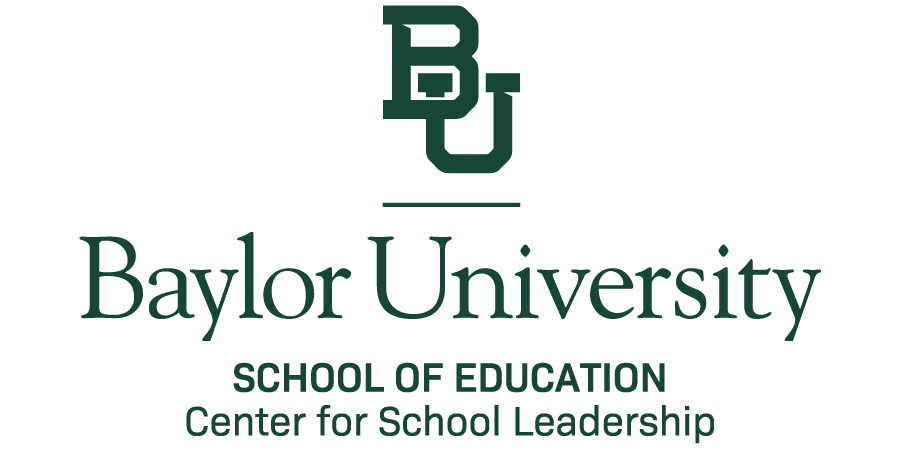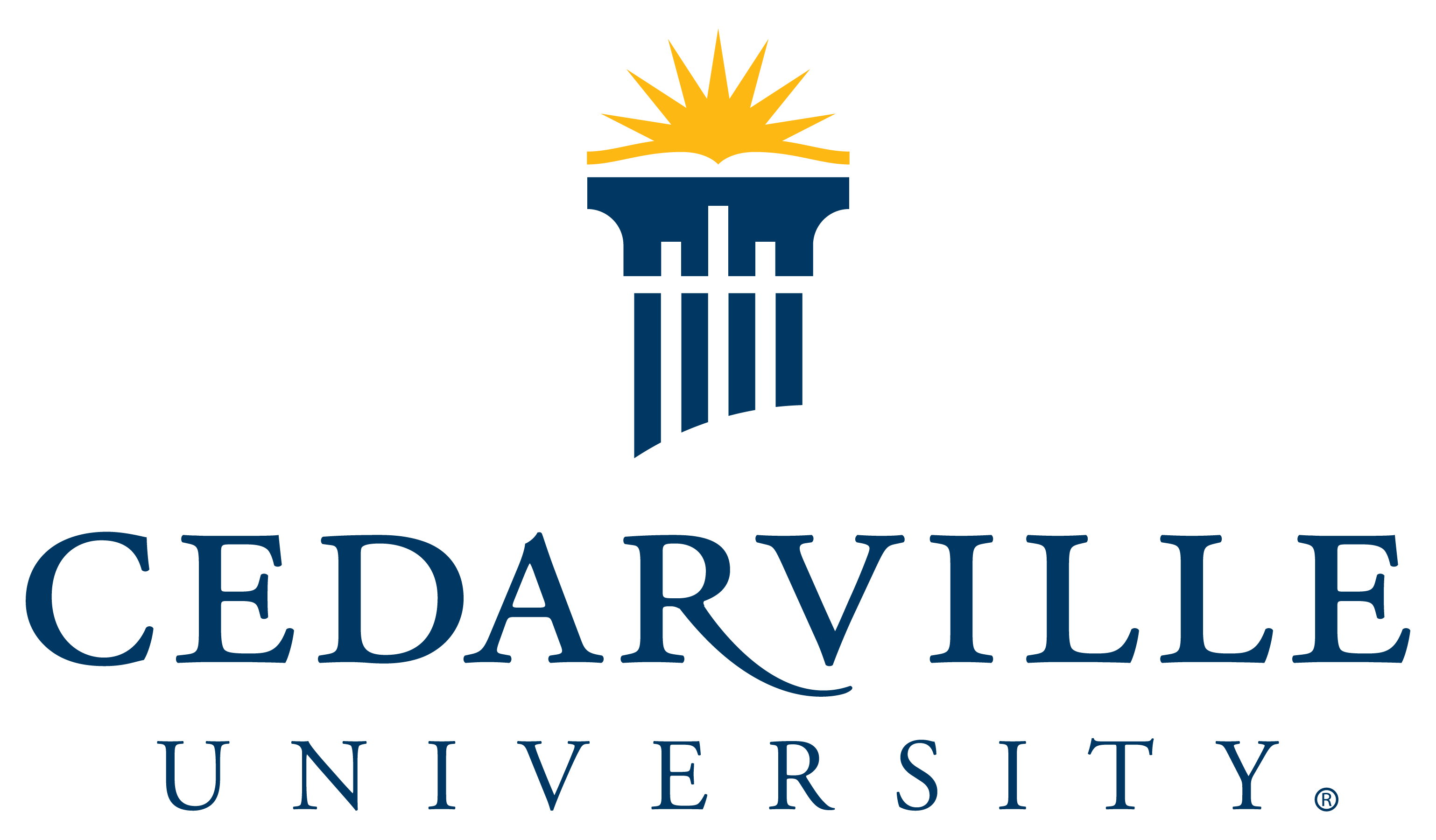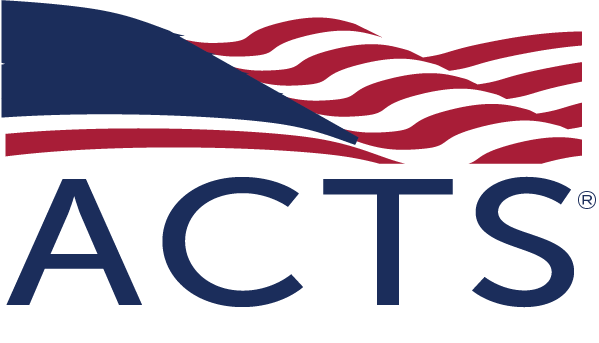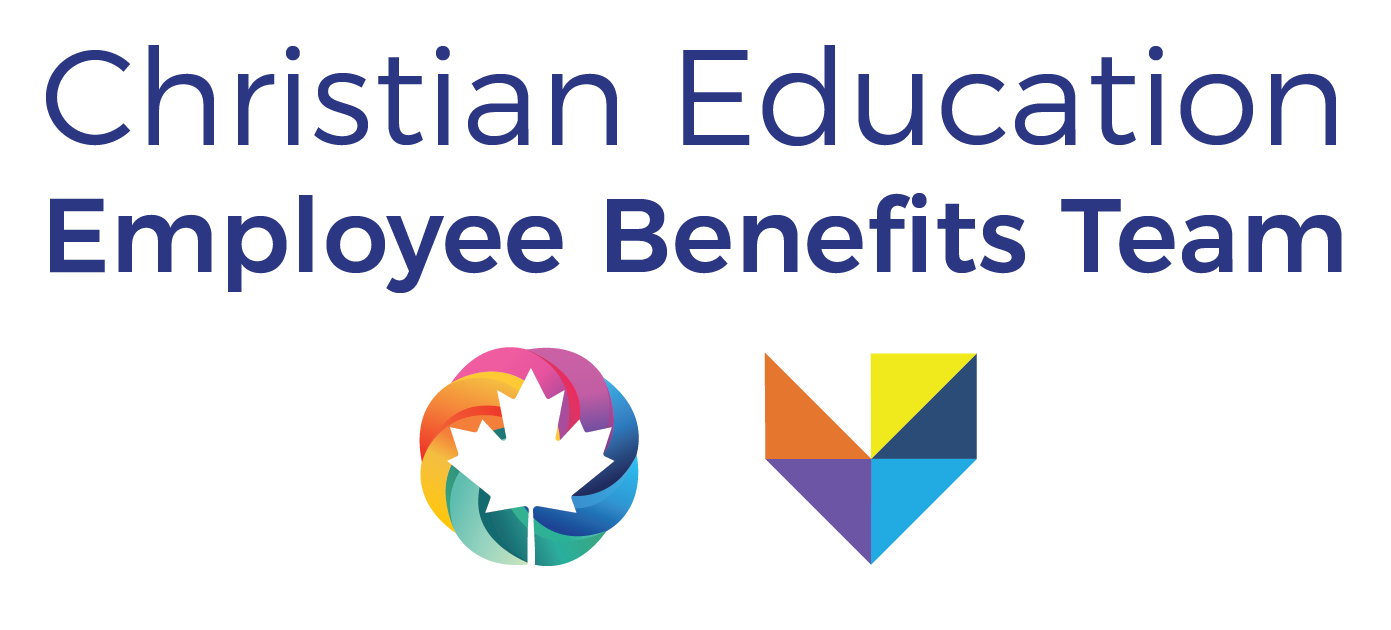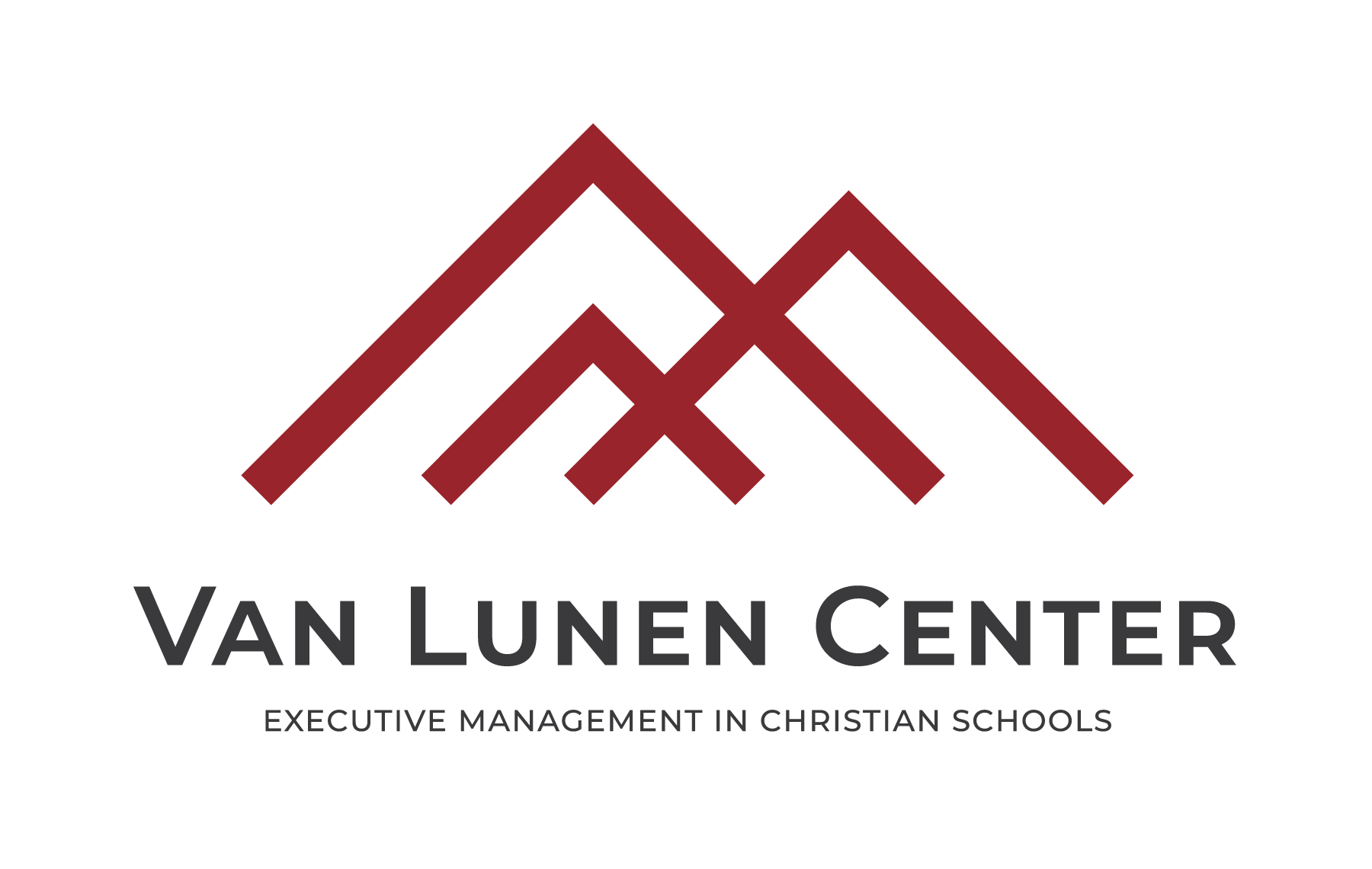In March 2020, the world as we knew it turned upside down. Every single person was impacted by the COVID-19 worldwide pandemic and the shutdown to “flatten the curve.”
For heads of school, we found ourselves in unchartered waters. We closed our campuses, reported positive and potentially positive COVID-19 cases, and communicated daily with our parents and staff via emails and videos filmed in our homes. Overnight our faculty converted all of their lessons and activities to a virtual platform. Zoom meetings filled our days. We anxiously followed CDC, state, and local health guidelines to determine whether or not we could return to campus. We canceled athletic seasons and proms. We developed virtual and socially distanced commencement ceremonies. Above all, we sought to encourage our school communities during a time of stress, uncertainty, disappointment, and fear.
Since my school is located in Texas, we were fortunate to be able to open with in-person learning on August 12, 2020. We were the first school in our area to do so. It was a blessing, but it came at a high cost: we lost good families who could no longer afford our tuition; we built a new medical center; we added premium CDC-recommended filters across campus and upgraded our disinfecting measures; we purchased truckloads of personal protective equipment; we rearranged classrooms and traffic flows; we delivered meals to classrooms; we required masks and took temperatures daily; we reported case numbers to our families and quarantined exposed classes and athletic teams; and we offered hybrid learning for students at home, which was a true burden on our teachers.
For those of us who could welcome students to campus, every day felt like a new day. Official guidelines changed frequently, and every traditional school activity had to be reinvented or canceled to keep our school communities safe and open. A single event required multiple planning iterations and back-up options. As heads of school, we spent our days in the weeds, making sure we followed every protocol correctly and consistently.
If the pandemic wasn’t hard enough to navigate, this last year also included major social justice and election challenges which needed to be addressed with balance and sensitivity. For Texans, we also experienced a devastating winter storm that seriously damaged school buildings and homes and has been declared the most expensive disaster in Texas history.
So, what’s it like to be a head of school these days? We are tired, burned out, and dreaming of a beach vacation with no internet connectivity. At the same time, and once we get that vacation, we are anxious to return to our primary jobs as strategic thinkers and planners.
And that brings me to the point of this blog. With all that we have been through this past year, why would we prioritize attendance at a major international conference for Christian educators? Here are the top five reasons why I recommend investing the time and money to attend Converge 2022:
1. Fellowship
I miss my friends. Communicating by email or Zoom is just not very satisfying. I especially miss those sidebar conversations between sessions or over dinner. How is your family? Did you implement that new curriculum? Have you finished your capital campaign? Tell Susie “hello” for me. Can you give me any advice about a current challenge that I’m facing? I also enjoy making new friends and gaining perspectives from other states and even other countries. After so much isolation over this past year, I really look forward to spontaneous, informal conversations and smiles that are not hidden behind masks. We were created for relationship, and we are all in need of fellowship with like-minded peers.
2. Celebration
The role of head of school is a unique one. We are expected to be pastors, educators, and business leaders. We often have to make unpopular decisions, and it is lonely at the top. Even our co-workers and board members don’t always appreciate the burdens we carry. Therefore, it is especially encouraging to be with other heads of school who can relate to both our trials and our successes. After this past year, we have much to celebrate. We didn’t have a template as we navigated through these unprecedented times, but by faith we traveled through this season of extreme uncertainty and survived. What a joy it will be to share our stories and celebrate what God has done in our lives and at our schools.
3. Renewal
We are school leaders because we love Jesus Christ, and we are passionate about equipping the next generation to serve Him. While we spent much of the last year on our knees, we were often praying for strength to get through the day. As we begin to emerge from this pandemic, we can begin to take our eyes off the minutiae and focus on the bigger picture again. Gathering with other Christian leaders to worship, fellowship, and study God’s Word is a powerful way to remember our calling and rekindle our passion for Christian education. By joining together as Christian educators, God can give us rest from our ordeal, healing from our disappointments, courage to stay strong, and inspiration as we lead our schools into the future.
4. Growth
Effective leaders are lifetime learners, and a change of venue can inspire new perspectives. Therefore, the opportunity to leave our routines for a few days in order to learn from others is an invaluable gift. We get to expand our knowledge and stay relevant by hearing about the latest educational research, developing new tools and tactics, and meeting creative people who challenge our status quo. It is especially satisfying to engage in high level discussions and get feedback on new ideas that may be percolating in our minds. Just as iron sharpens iron, we hone our leadership skills by interacting with experts and thought leaders who challenge us to improve ourselves and our schools. A great conference always fills me with creative energy and a drive to put new ideas into action.
5. Preparation
Ultimately, the investment in networking, discussion, and learning helps us to focus on and prepare for our future. The world and our culture have changed significantly since 2019, and we will never return to that normal again. We need to learn from our recent experiences. What innovations should we keep or tweak? Which actions were only necessary for the short term? Are there any pre-pandemic practices that we need to eliminate? We also need to understand potential challenges by hearing from those on the front lines who are addressing issues related to legal rights, affordability, competition, technology, or pedagogy, to name a few. Such a gathering enables us to hear and reflect upon what we have learned and what we must do to remain relevant and effective in pursuing our missions.
Most importantly, attending a major international conference for Christian leaders gives heads of school an opportunity to return to our main job of thinking about, envisioning, and preparing strategically for the future. As for me, I’ve spent enough time managing COVID-19, and I look forward to working on other priorities. May God continue to bless all of our Christian schools as we seek to bring him glory through sharing the gospel and discipling future leaders for his eternal kingdom.



